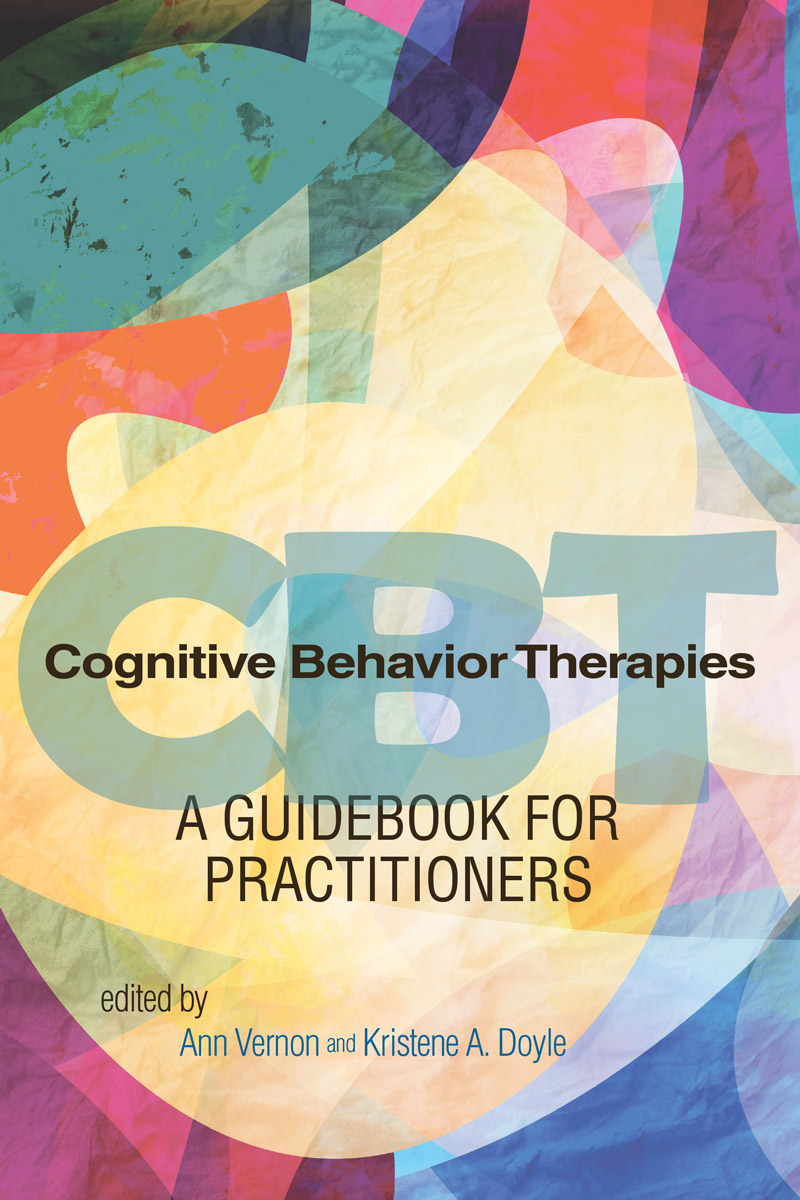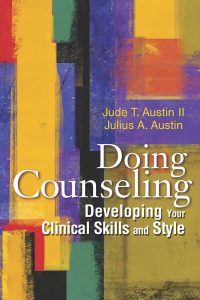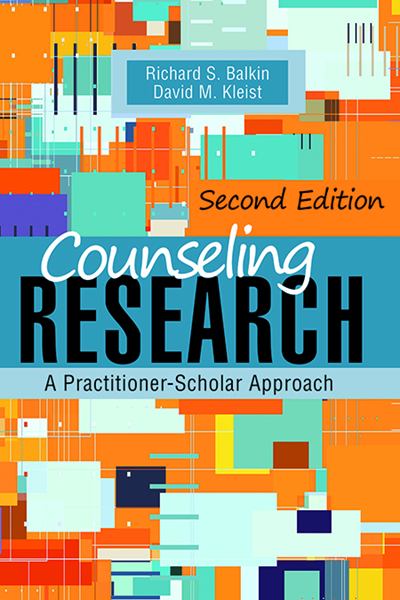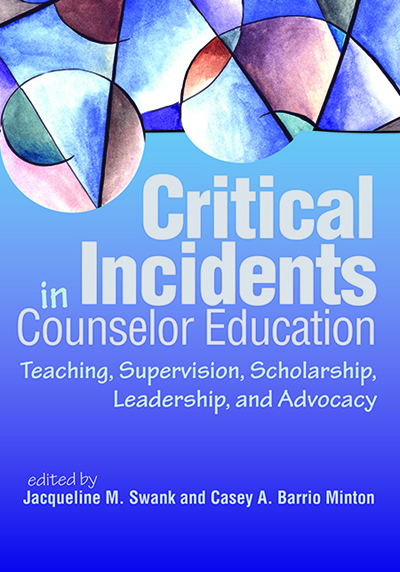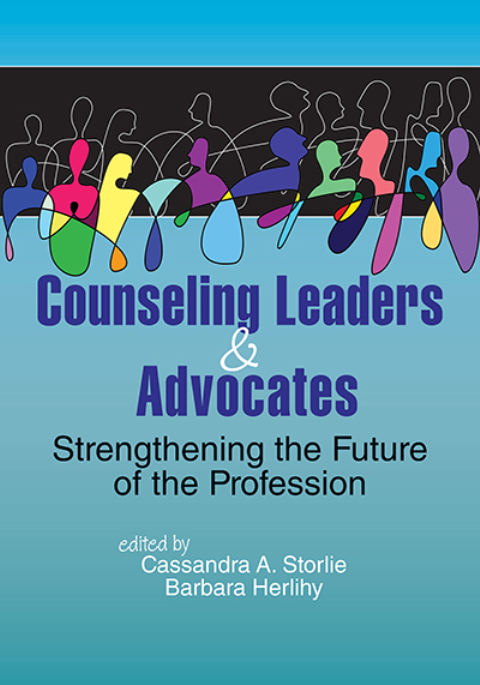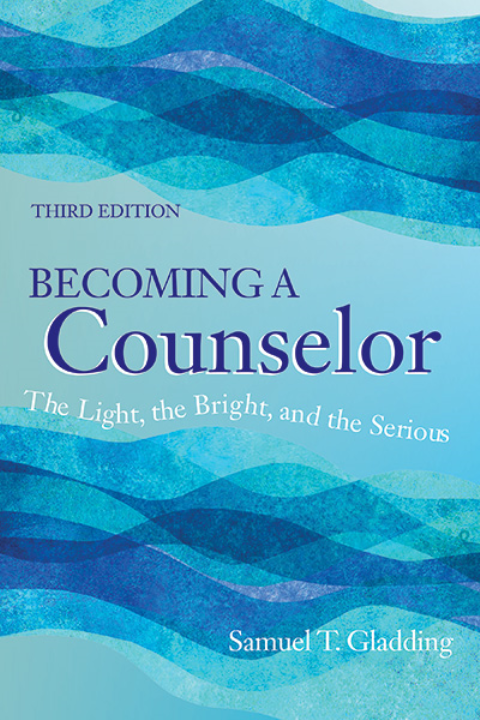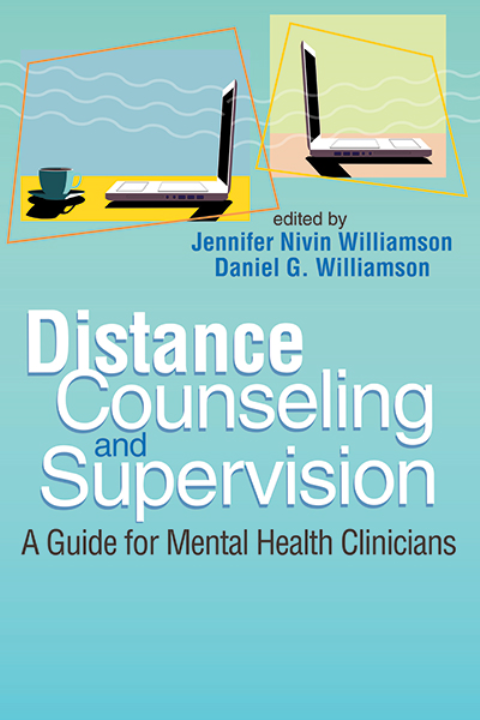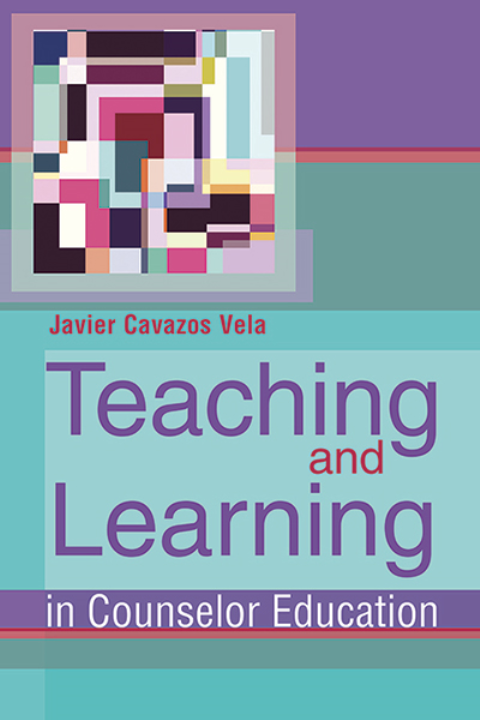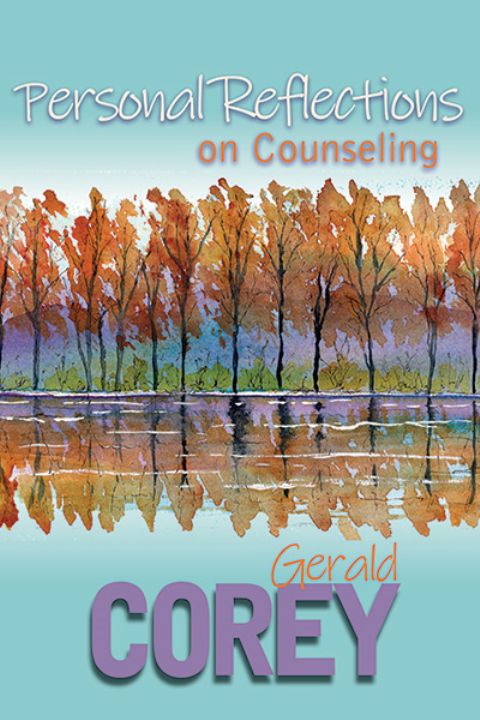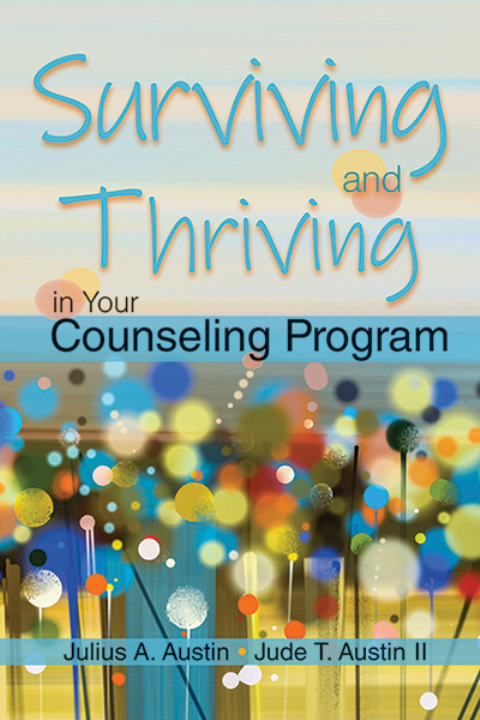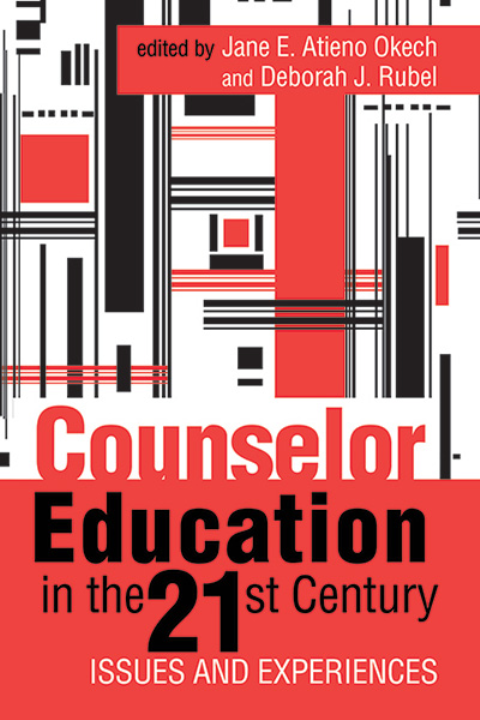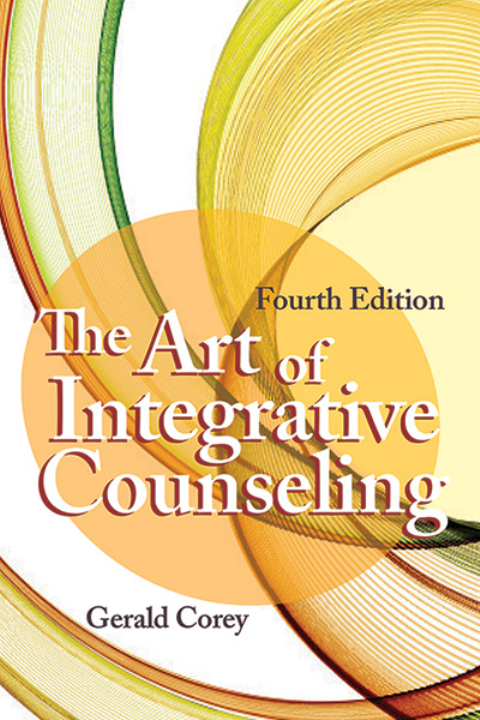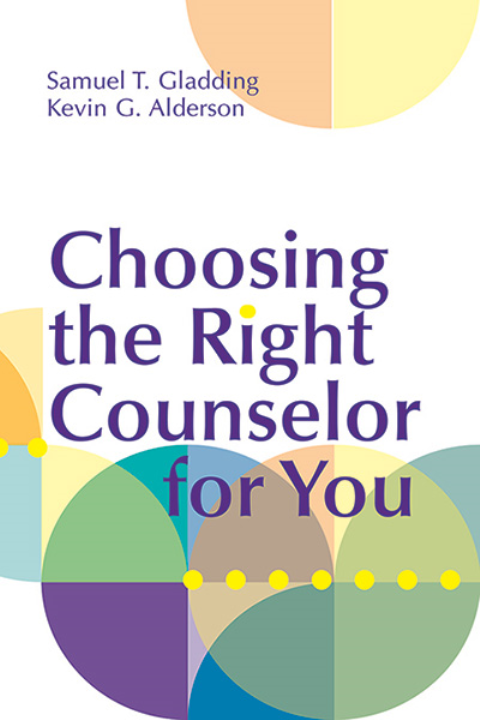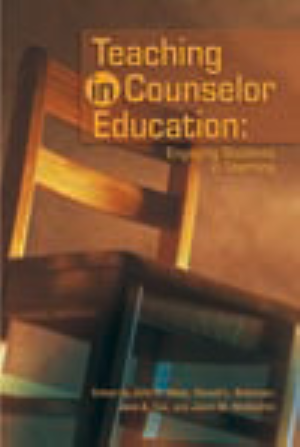
Professional development, a lifelong process
Related Articles from Counseling Today
From the President: Creating change within the profession
In my first column as the 72nd president of the American Counseling Association, I would like to introduce myself to the members so they can get to know me both personally and professionally. I was born and raised in Mayaguez, Puerto Rico, by a single mother who had a third-grade level education. Because of Operation Bootstrap (a government plan to develop and modernize Puerto Rico’s economy that began in the mid-1940s), my mother, like many others at that time, decided to leave the rural area where she grew up and move to the city for a job cleaning wealthy families’ homes, so she could find better opportunities and a better life. But what she found instead was a place of discrimination and oppression.
When I was born, my mother and I lived in an arrabal, or slum. Then, because of a different federal government initiative, we moved to the public housing projects, where I stayed until I joined the U.S. Army and moved to the United States at the age of 21. Each stage of my life has helped me to understand different aspects of discrimination, privilege and opportunity. Experiencing discrimination and prejudice has allowed me to learn and grow, and sometimes, it caused me to retreat or feel sorry for myself. But no matter what I experience, I always remember my mother’s journey and know that my own journey cannot be more treacherous than hers.
My passion for social justice is the reason why I have embraced the counseling profession; counselors, more than most other helping professionals, understand the concept of fighting discrimination and inequality because equality is at the heart of our profession, one that opens doors to education for those who come from a less privileged background. Therefore, we can go back to the basics of the profession and move past just talking about important concepts such as social justice, anti-racism, anti-oppressive and decolonization and understand that these concepts also imply action.
I know that adding new words or ideas will not necessarily lead to action or significant change, so I invite the profession to move beyond the status quo and resist being stuck in the traditional Western idea of what knowledge is. Rather than just continuing to search for new knowledge, we can also use existing knowledge, historical memory, reflection and critical consciousness to facilitate dialogue, understanding and change. When discussing decolonization, we must also talk about decoloniality (i.e., actively undoing colonial systems and ways of thinking). And when talking about deconstructing and reflecting, we must also talk about restructuring, reimagining, reconnecting and putting theory into practice.
During my presidency, I will take steps toward creating positive change for the counseling profession by focusing on the following initiatives:
- Developing a research agenda to facilitate the process of decolonization and anti-racism
- Creating a rapid response protocol for addressing issues impacting counseling, mental health and individual wellness
- Continuing our focus on improving governance by ushering through necessary change, including with the ACA Foundation
- Creating a new, more realistic ACA strategic plan involving key stakeholders
I became a counselor because one of the highest forms of consciousness is to serve others. Helping others, in turn, allows us to maintain the balance between ideas, action, prevention and implementation. Additionally, it reminds us to follow the age-old concept from Native cultures to never use more resources than what you need.
- Professional Counseling
- Professional Development
